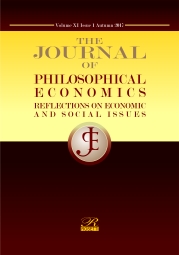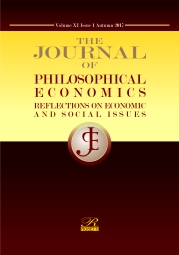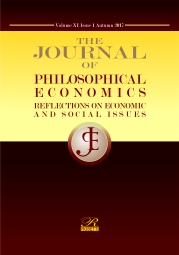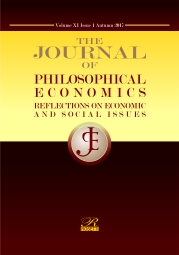
The social organisation of epistemology in macroeconomic policy work: the case of the IMF
This paper reports an ethnographic study of work practices in the IMF, and IMF mission activity in particular. It will show how this work combines arithmetic, econometric and meeting skills with the adroit management of social processes that transform ‘incomplete’ or ‘ambiguous numbers’ into socially validated and hence ‘objective for practical purposes’ data. These data form the basis of epistemic certainty in the analytical work undertaken, and though this certainty is socially framed, it is treated as sufficient for substantive, robust and ‘real world’ macroeconomic policy making.
More...


